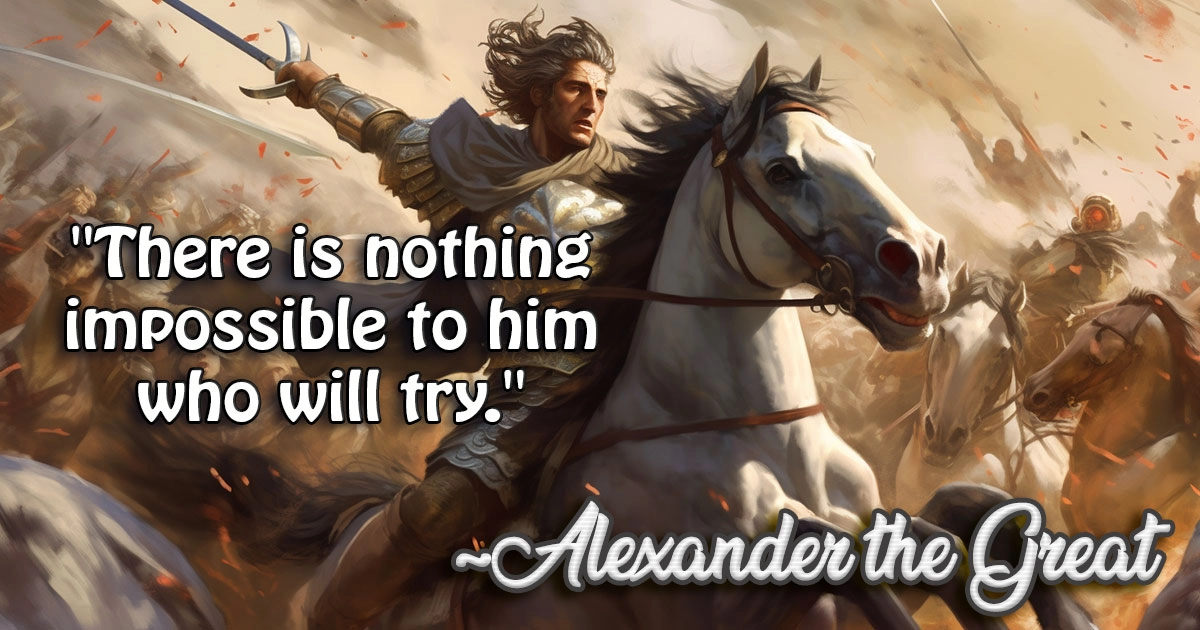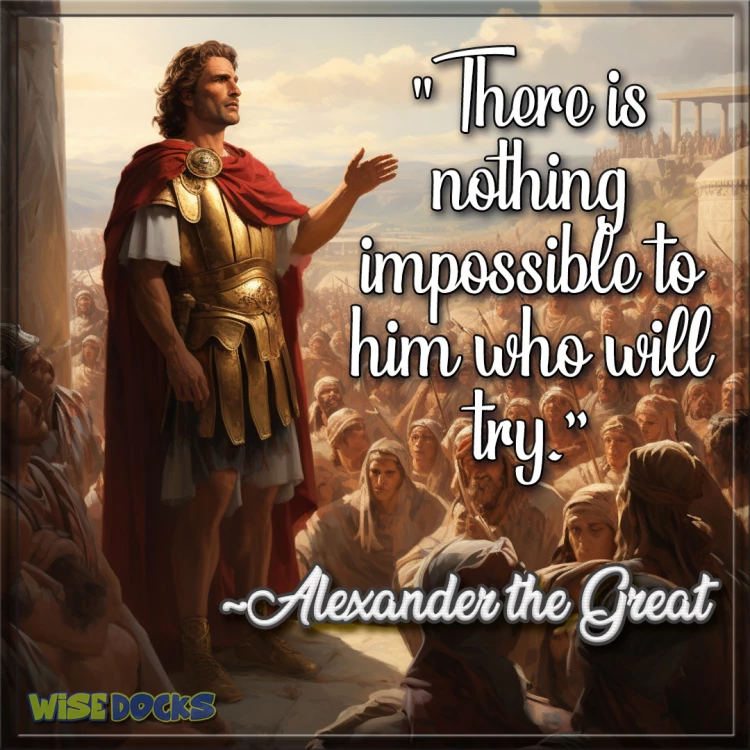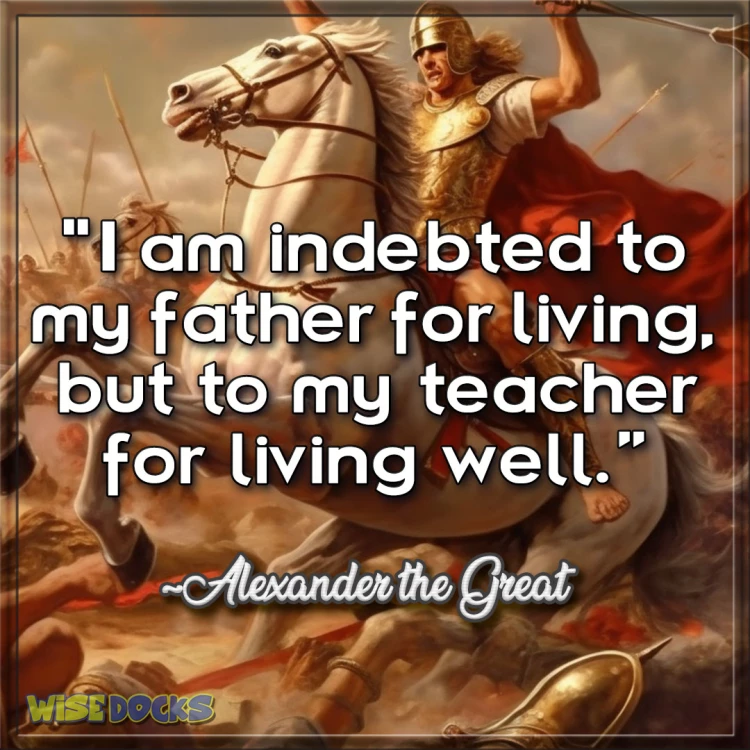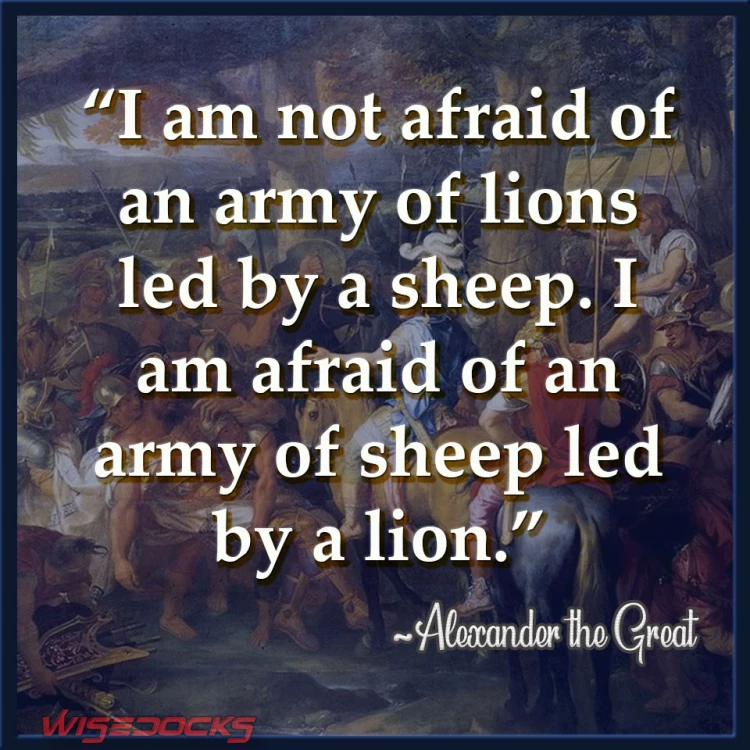
Alexander the Great, one of history's most famous and successful military commanders, left an indelible mark on the ancient world through his unparalleled conquests and the spread of Greek culture. Born in 356 BCE in Pella, the ancient capital of Macedonia, Alexander’s legacy continues to influence modern society and the fields of history, military strategy, and leadership. This article explores his early life, military achievements, and enduring legacy.

Alexander was born to King Philip II of Macedonia and Queen Olympias. From a young age, Alexander was groomed for leadership. His mother instilled in him a sense of destiny, often telling him that he was descended from heroes and gods. Philip II, a formidable military leader, provided Alexander with a rigorous education and military training.
At the age of 13, Alexander's education was entrusted to the philosopher Aristotle. Under Aristotle's tutelage, Alexander studied a wide range of subjects, including philosophy, science, medicine, and literature. This education not only equipped Alexander with knowledge but also instilled in him a love for Greek culture, which he would later spread throughout his empire.
In 336 BCE, Philip II was assassinated, and Alexander ascended to the throne at the age of 20. Immediately, he faced challenges to his authority, both internally and from external enemies. Demonstrating his decisive leadership, Alexander swiftly dealt with potential rivals and solidified his position as king. He then turned his attention to continuing his father's mission of uniting Greece and conquering the Persian Empire.

Alexander's military campaign against the Persian Empire began in 334 BCE and is one of the most celebrated military conquests in history. With an army of 40,000 soldiers, he crossed the Hellespont into Asia Minor and won his first major battle at the Granicus River. This victory set the stage for further successes.
In 333 BCE, Alexander faced the Persian King Darius III at the Battle of Issus. Despite being outnumbered, Alexander's tactical genius led to a decisive victory. Darius fled, leaving his family and immense wealth behind. Alexander's treatment of Darius's family with respect and dignity further solidified his reputation as a benevolent conqueror.

In 332 BCE, Alexander laid siege to the island city of Tyre, a strategically important and heavily fortified Persian stronghold. After seven months, he successfully breached the city's defenses, demonstrating his persistence and military prowess. Following the fall of Tyre, Alexander continued south to Egypt, where he was welcomed as a liberator. In Egypt, he founded the city of Alexandria, which would become a center of learning and culture.
The decisive confrontation between Alexander and Darius III occurred at the Battle of Gaugamela in 331 BCE. Employing brilliant tactics, Alexander achieved a monumental victory, leading to the collapse of the Persian Empire. Darius fled once again but was later assassinated by his own men. With the fall of Persia, Alexander became the ruler of a vast territory stretching from Greece to the Indus River.
Driven by an insatiable desire for exploration and conquest, Alexander continued his campaign eastward. In 327 BCE, he entered the Indian subcontinent, where he faced formidable opponents, including King Porus at the Battle of the Hydaspes River. Although victorious, Alexander's troops, exhausted and longing to return home, eventually persuaded him to halt his eastward advance.
Alexander led his army back to Babylon, where he began planning new campaigns and consolidating his empire. However, in 323 BCE, at the age of 32, Alexander fell ill and died under mysterious circumstances. His death left a power vacuum and led to the eventual fragmentation of his empire among his generals, known as the Diadochi.
Alexander the Great's impact on history is profound and multifaceted. His military tactics and strategies are still studied in military academies around the world. He founded more than 20 cities, many of which became major cultural and economic centers, spreading Greek culture and influence across three continents.
The Hellenistic period, which followed Alexander's conquests, saw the blending of Greek, Persian, Egyptian, and Indian cultures, leading to advancements in science, philosophy, art, and architecture. Cities like Alexandria in Egypt became centers of learning and intellectual exchange, contributing to the preservation and expansion of knowledge.
Alexander's vision of a unified world influenced future generations of leaders and thinkers. His legacy is reflected in the works of historians, poets, and artists, who continue to draw inspiration from his life and achievements.
Alexander's wisdom and leadership are encapsulated in many quotes attributed to him. Here are a few that continue to inspire:
Alexander the Great's life was marked by unparalleled military success, a vision of cultural integration, and an enduring legacy that continues to shape the modern world. His achievements as a leader and conqueror remain a source of inspiration and study. By exploring the life and times of Alexander the Great, we gain insights into the qualities that define true greatness and the impact one individual can have on the course of history.